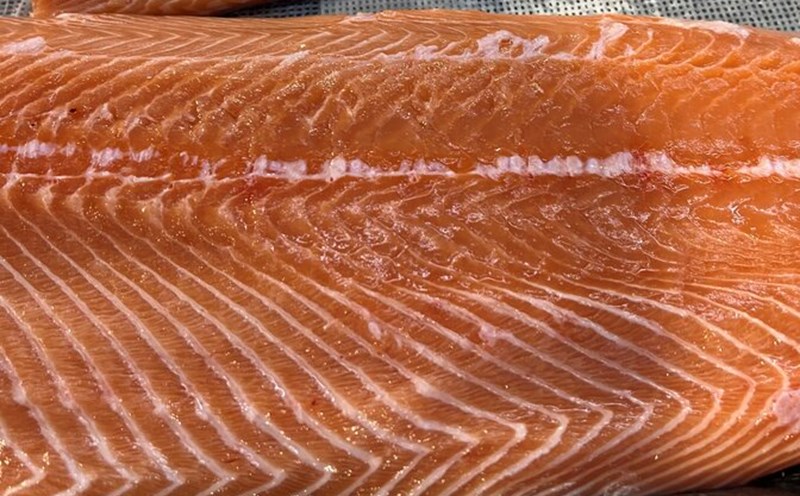One of the most natural and effective sources of omega-3 is herring.
According to research, only 100g of herring can provide about 1.5 - 2g of EPA and DHA, exceeding the daily recommendation of the World Health Organization. This organization recommends that adults should supplement at least 250500mg EPA+DHA/day to prevent cardiovascular disease. In addition, herring also contains vitamin D and selenium. These are two micronutrients that support immune and anti-inflammatory functions.
Research shows that consuming fatty fish such as herring 2-3 times a week can reduce the risk of cardiovascular disease by up to 16%, thanks to its ability to reduce blood triglycerides and improve arteriosclerosis.
In particular, experts recommend eating steamed or grilled herring instead of fried to retain the maximum omega-3 content and avoid the risk of absorbing unhealthy saturated fat. However, you should choose fresh or frozen herring, avoid canned fish containing a lot of salt or unhealthy oils.
Herring is a natural, cheap and easy-to-process food source rich in natural omega-3. Adding herring to your diet properly not only helps protect the heart but also supports the brain and effectively reduces inflammation.











